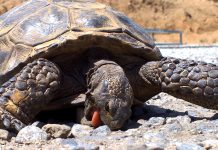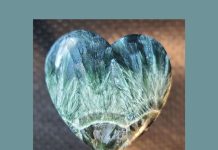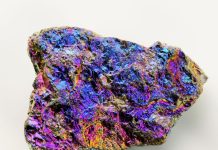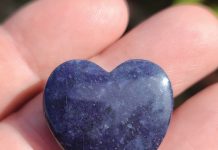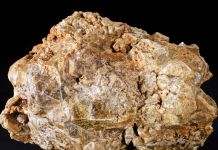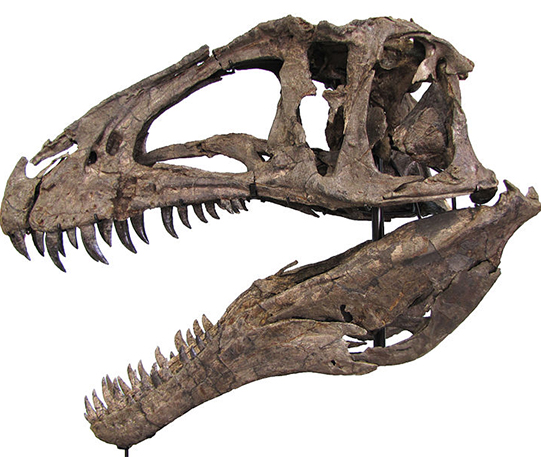
By Jim Brace-Thompson
Although non-avian dinosaurs and their immediate ancestors roamed Earth between 252 and 66 million years ago (and avian dinos continue to fly among us as critters that we call “birds”), apparently dinosaurs did not exist until somewhere around 1842. That’s when an English scientist named Sir Richard Owen (1804-1892) fused together two Greek words, dinos (terrible, or fearfully great) and sauros (lizard) to describe huge bones and teeth being found and identified around his time.
While Sir Owen’s time has come and gone—and while dinosaurs nowadays aren’t even considered “lizards” by any stretch of the imagination—the term he originated has lingered. And it has inspired one generation of paleontologists after another who have dug deep within the Earth to bring these creatures back to life. In so doing, they have totally transformed our understanding of what it means to be “a dinosaur.” Consider just a couple of recent entries in the annals of Dinosauria….
Articles in the May 7, 2021 issue of the journal Science explore the origin of a birdlike inner ear and how it may have impacted movement and vocalization among dinosaurs. Another article in that same issue explores the evolution of both hearing and vision among theropod dinosaurs, or the very dinosaur group that led to today’s birds. Both articles advance our understanding of dinosaur sensory biology. Yet another article in the magazine Natural History provides a detailed look at the evolution of dinosaur locomotion and how “hind limb musculoskeletal function” changed from dinosaur ancestors (with hip-driven locomotion) to modern birds (with knee-driven locomotion).
While long dead and gone, both avian and non-avian dinosaurs continue to fascinate and inspire. There is much more to be written for those who would join the hunt! Will that include you?


